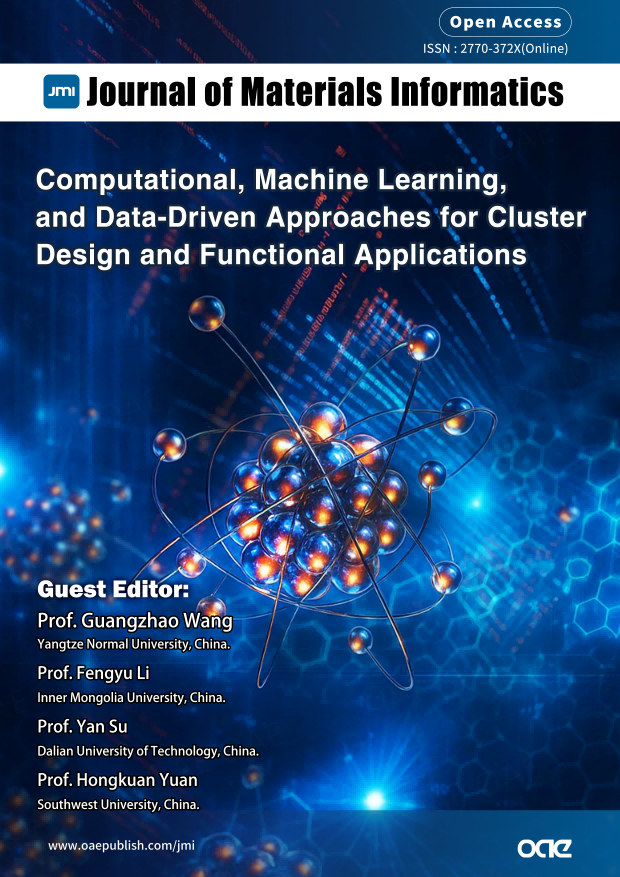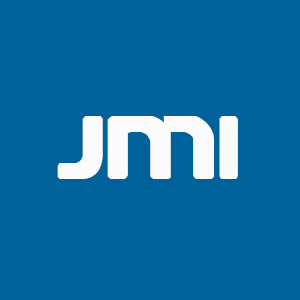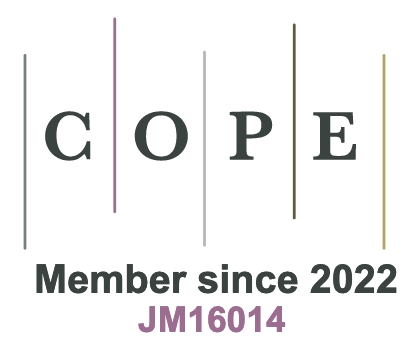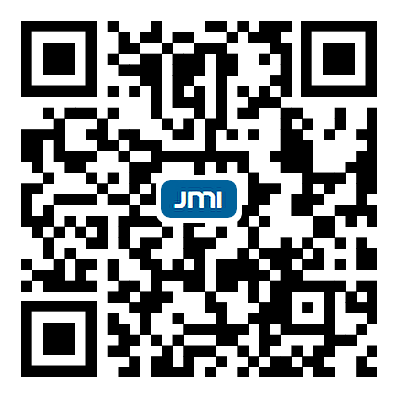
Topic: Computational, Machine Learning, and Data-Driven Approaches for Cluster Design and Functional Applications
A Special Issue of Journal of Materials Informatics
ISSN 2770-372X (Online)
Submission deadline: 31 Mar 2026
Guest Editors
Special Issue Introduction
Clusters are aggregates of atoms or molecules ranging from a few to thousands, exhibiting unique physicochemical properties distinct from those of macroscopic materials or individual atoms. By precisely manipulating the size, composition, and surface chemistry of clusters, researchers can optimize their electronic, optical, catalytic, and magnetic properties, enabling them to play a key role in advanced applications such as energy storage, catalysis, sensing, information storage, and biomedicine.
In recent years, advances in synthetic techniques such as colloidal chemistry and laser ablation, as well as computational simulation methods, have greatly advanced the development of functional clusters with programmable structures. For example, by manipulating the atomic arrangement and surface modification of clusters, their catalytic activity in fuel cells can be significantly enhanced or nanomedicines can be targeted for drug delivery. Furthermore, interdisciplinary approaches combining machine learning and high-throughput screening are accelerating the discovery of novel cluster materials.
This special topic focuses on the fundamental principles of cluster design, advanced characterization techniques, physical properties, and their functional applications, aiming to address the challenges of cluster materials in stability, preparation, and performance optimization. Machine learning has great advantages in developing and designing new cluster materials, and the intelligent design paradigm for developing cluster materials is also very attractive. This special issue includes, but is not limited to:
1. Intelligent design of cluster materials, including the application of machine learning and data-driven methods in cluster design;
2. New strategies for controlled cluster synthesis;
3. Theoretical calculations and simulations of cluster structure and properties;
4. Surface modification and functionalization of clusters;
5. Cluster-based composite materials and cluster assembly;
6. Optoelectronic, magnetic, catalytic, and energy storage properties of cluster-based materials and their applications.
Keywords
Cluster; Cluster assembly; Cluster synthesis; Cluster computing; Cluster stability; Cluster functional applications; Machine learning; Data-driven approaches
Submission Deadline
Submission Information
For Author Instructions, please refer to https://www.oaepublish.com/jmi/author_instructions
For Online Submission, please login at https://www.oaecenter.com/login?JournalId=jmi&IssueId=jmi25081910181
Submission Deadline: 31 Mar 2026
Contacts: Ivy Li, Assistant Editor, [email protected]








